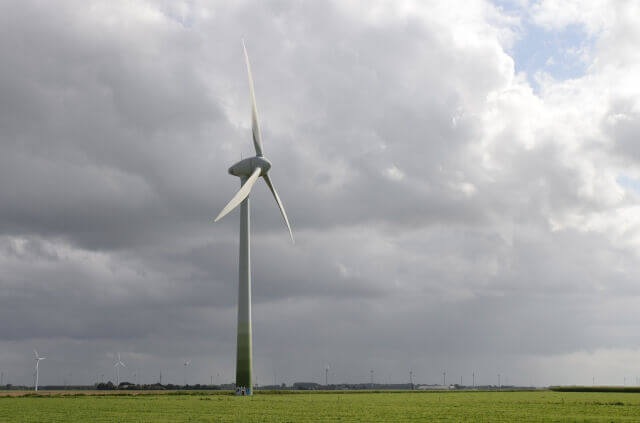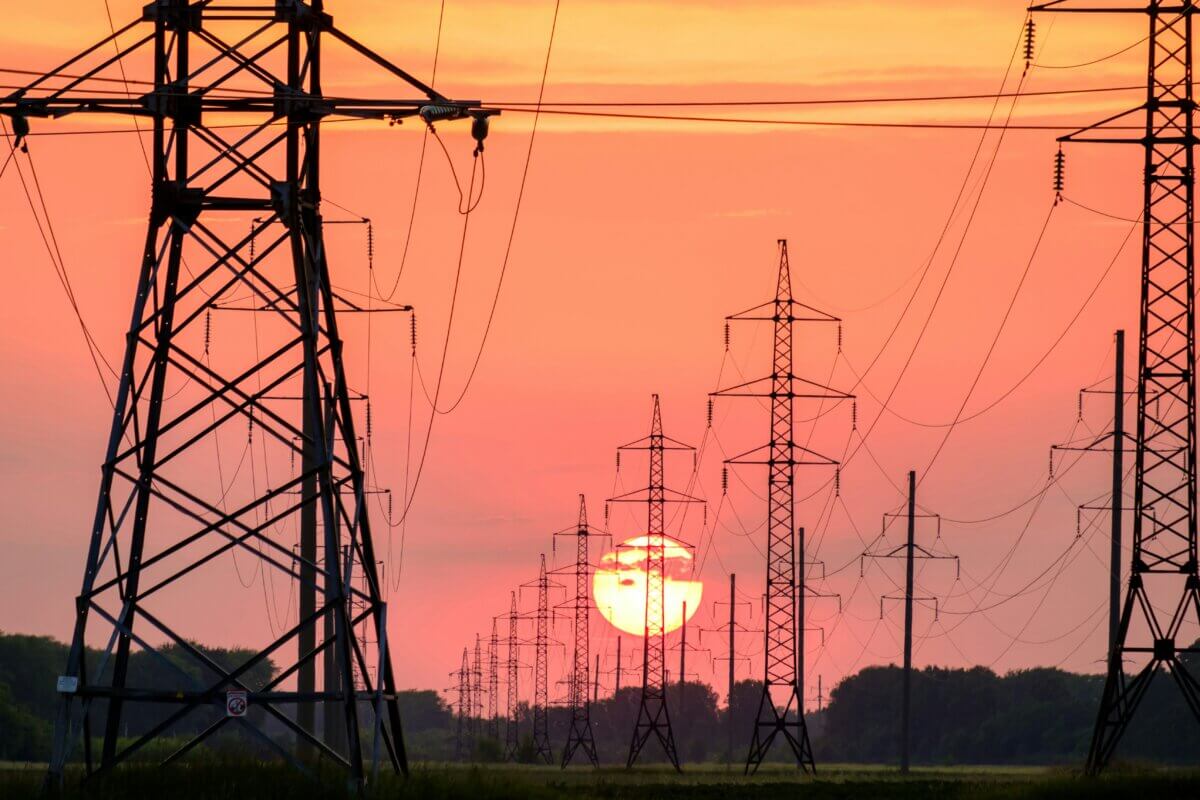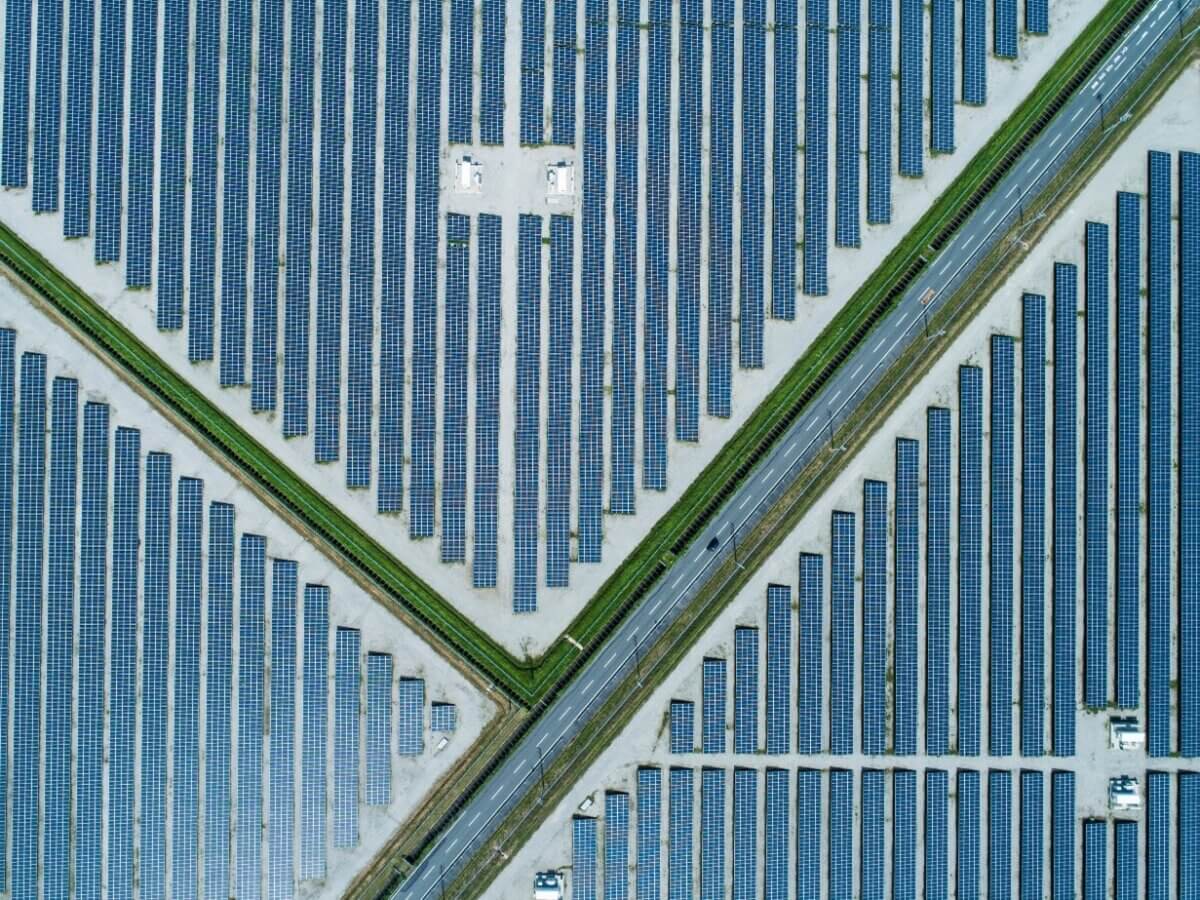Amendment of the Dutch Mining Act (Mijnbouwwet) introduces a separate licence system for geothermal energy exploration and extraction: a leg up for the energy transition in the Netherlands
Geothermal energy, also known as geothermal heat, is extracted from hot water (called formation water) pumped up from deep underground (at least 500 metres) through a well. The heat from the hot water is transferred to a heat network via a heat exchanger and can then be used to heat homes and other buildings. Being a source of renewable energy, geothermal energy can play a prominent role in accelerating the energy and heat transition in the Netherlands. This is because geothermal energy is CO2-free, virtually inexhaustible and independent of weather and seasonal conditions. It also can be used as an alternative to natural gas for heating spaces and for hot tap water. In the Netherlands, geothermal energy currently plays a relatively minor role as a source of heat, but the government is increasingly encouraging the extraction of this renewable energy source with a view to accelerating the energy transition. One way of doing so is by allowing initiators of geothermal energy extraction to apply for a subsidy for geothermal energy projects under the Renewable Energy Production and Climate Transition Incentive Scheme (SDE++). In addition, the legislator recently decided to amend the current Mining Act – which contains the legal framework for the exploration and extraction of minerals and geothermal energy in deep underground – by making it more ‘geothermal energy friendly’.
Accordingly, on 11 October of this year, the Senate passed a bill amending the Mining Act (the Legislative Amendment). The Legislative Amendment introduces a new licence system that will apply specifically to geothermal energy. It also aims to make geothermal energy exploration and extraction safer for surrounding areas. In a letter dated 20 October, the State Secretary for the Extractive Industries informed the House of Representatives regarding the key points of the policy for the safe and responsible handling of physical risks and uncertainties related to geothermal energy, such as preventing damage and protecting ground water and drinking water supplies.
In this contribution, we will discuss the reasons for the Legislative Amendment and the new licence system it contains. We will conclude with some final remarks.
Reasons for the Legislative Amendment
When the Mining Act was introduced in 2003, the legislator opted to align geothermal energy regulation with the statutory provisions concerning the exploration and extraction of underground minerals (i.e. oil and gas). At the time, however, hardly any geothermal energy was being extracted in the Netherlands. Now, in 2022, the geothermal energy industry is booming and, in practice, it appears that the mineral extraction process significantly differs from that of geothermal energy. As a result, the licence system as currently included in the Mining Act does not seem to be suitable for geothermal energy extraction. In addition to a new separate licence system for geothermal energy exploration and extraction, the Legislative Amendment also introduces rules promoting the safety of geothermal energy exploration and extraction (such as a duty of care to ensure that geothermal energy activities are carried out properly). The Legislative Amendment essentially aims to make the geothermal energy licensing procedure more compatible with both the specific characteristics of geothermal energy and the current practice of geothermal energy exploration and extraction. Contrary to the oil and gas practice, the new geothermal energy licence system will enable parties involved in geothermal energy activities to – after drilling during the exploration phase and construction of the extraction facility – immediately start extracting geothermal energy on a temporary basis and then to apply for a ‘geothermal energy follow-up licence’ for long-term geothermal energy extraction. This is not allowed under the current statutory regime, which is geared more to the practice of mineral exploration and extraction, and in practice leads to all sorts of problems for the parties involved (e.g. lost revenue and possible blockage or damage to wells and/or facilities).
The new geothermal energy licence system
The Legislative Amendment adds a new Chapter 2a to the Mining Act, which regulates the new licence system for geothermal energy. This licence system introduces three licences: (1) the ‘geothermal energy search area allocation’, (2) the ‘geothermal energy starting licence’, and (3) the ‘geothermal energy follow-up licence’. These three licences are briefly discussed below.
(1) Geothermal energy search area allocation
A ‘geothermal energy search area allocation’ grants the holder (being one or more persons) the exclusive right to apply for a geothermal energy starting licence in a specific area. This is not an operational licence, but rather a licence aimed at market regulation, pertaining to the pre-exploration phase. A search area allocation merely allows a party involved to explore i.e. search the underground to determine the presence of geothermal energy in a specific area. No exploration or extraction activities may be carried out yet, as these are subject to a ‘geothermal energy starting licence’. The Minister of Economic Affairs and Climate Policy (the Minister) grants a search area allocation after receiving an application. A search area allocation enables the holder of the allocation to apply for an SDE++ subsidy to finance the geothermal energy project.
Currently, EBN (the company that participates in exploration and extraction activities as a non-operator on behalf of the State of the Netherlands) has permission from the Minister to participate in geothermal energy projects on a voluntary basis, on the initiative of the parties involved. EBN’s participation will be less non-committal in the new system, because the holder of a search area allocation must, in principle, enter into a cooperation agreement with EBN for EBN’s participation in the geothermal energy project within one year of granting. By way of exception, the Minister may depart from the obligation to involve EBN in a particular geothermal energy project (for example, if EBN does not wish to participate in it). The cooperation agreement between the holder of a search area allocation and EBN lays down the arrangements on how EBN will participate and on EBN’s interest in the activities. Rules relating to EBN’s participation will be worked out in an Order in Council. The cooperation agreement with EBN is subject to the Minister’s consent.
(2) Geothermal energy starting licence
Underground exploration activities are subject to a ‘geothermal energy starting licence’, a licence to explore and extract geothermal energy during the term of the licence. This starting licence can be regarded as a combined exploration and extraction licence, given the fact that it allows drilling (as part of exploration) as well as temporary geothermal energy extraction. If the licence holder wants to extract geothermal energy for a longer period of time, the licence holder must apply for a ‘geothermal energy follow-up licence’. The Minister grants a starting licence after receiving an application from the holder of the search area allocation (being one or more persons).
(3) Geothermal energy follow-up licence
If a party involved wishes to continue extracting geothermal energy for a longer period of time after obtaining a starting licence – this will generally be the case – it may apply for a ‘geothermal energy follow-up licence’ for the area covered by the starting licence or any part of the covered area. This follow-up licence, to be granted by the Minister, confers the right to extract geothermal energy during the period specified in the licence. The follow-up licence provides the size of the final extraction area, its duration (which will be linked to the period during which geothermal energy is expected to be economically extractable in that extraction area), the conditions imposed on extraction, etc.
Final remarks
The new licence system is specifically tailored to the exploration and extraction of geothermal energy. The starting licence enables any party involved – after drilling during the exploration phase and construction of the extraction facility – to immediately start extracting geothermal energy on a temporary basis. By contrast, the current provisions of the Mining Act require the completion of a time-consuming procedure for obtaining an extraction licence and an approved extraction plan before geothermal energy can actually be extracted. Technically speaking, the advantage of immediately being able to extract geothermal energy is that wells and/or facilities do not have to be taken out of service, with the risk of blockage or damage. Financially speaking, the advantage of immediately being able to extract geothermal energy is that the party involved will be able to generate income.
The licensing procedure for geothermal energy is also much faster because it entails shorter application and decision periods compared to the current system. All things considered, the new rules are expected to have a favourable effect on the business cases of parties seeking to extract geothermal energy. This will most likely reduce the investment risk for potential initiators in the development of geothermal energy projects.
Although this is a significant improvement on the current licence system in the Mining Act, actual events will ultimately have to show whether any other bottlenecks exist. As stated, geothermal energy could play an important role in the energy and heat transition in the Netherlands. This Legislative Amendment certainly provides a leg up in that regard. All that remains now is for the Mining Decree and the Mining Regulations to be amended in line with this new system and for the Legislative Amendment to come into force (as expected) in the second quarter of 2023.




